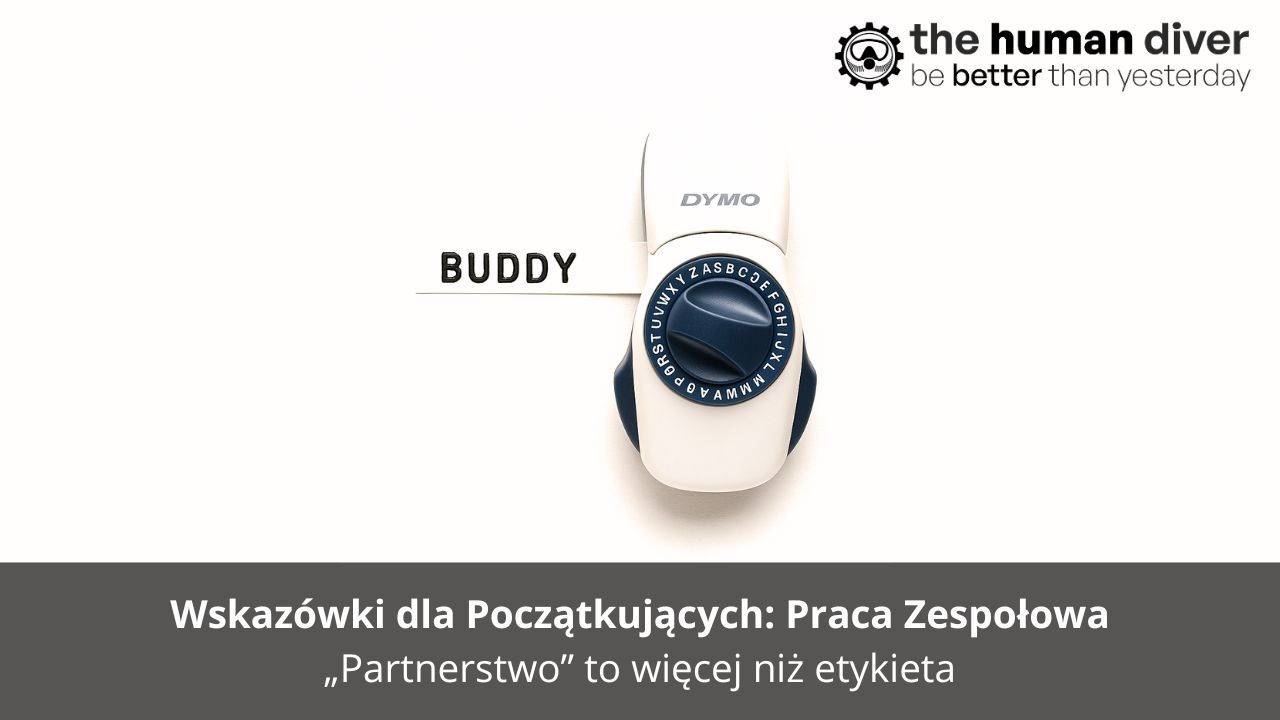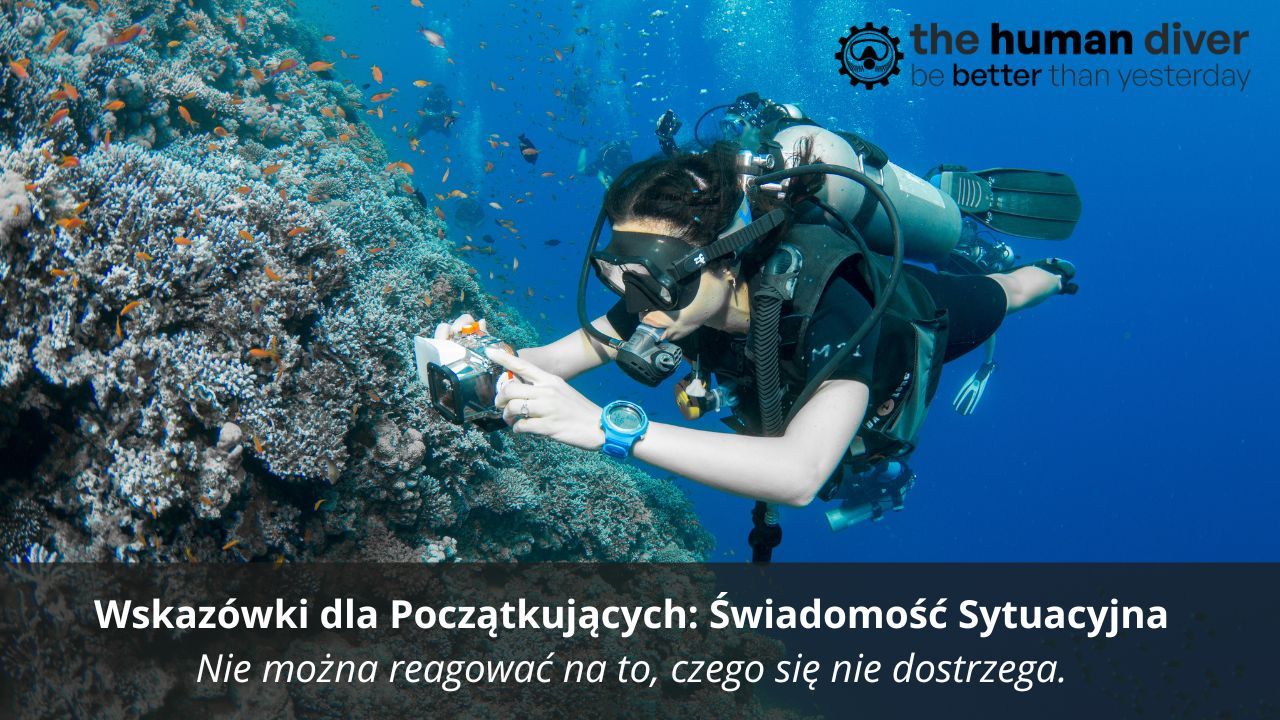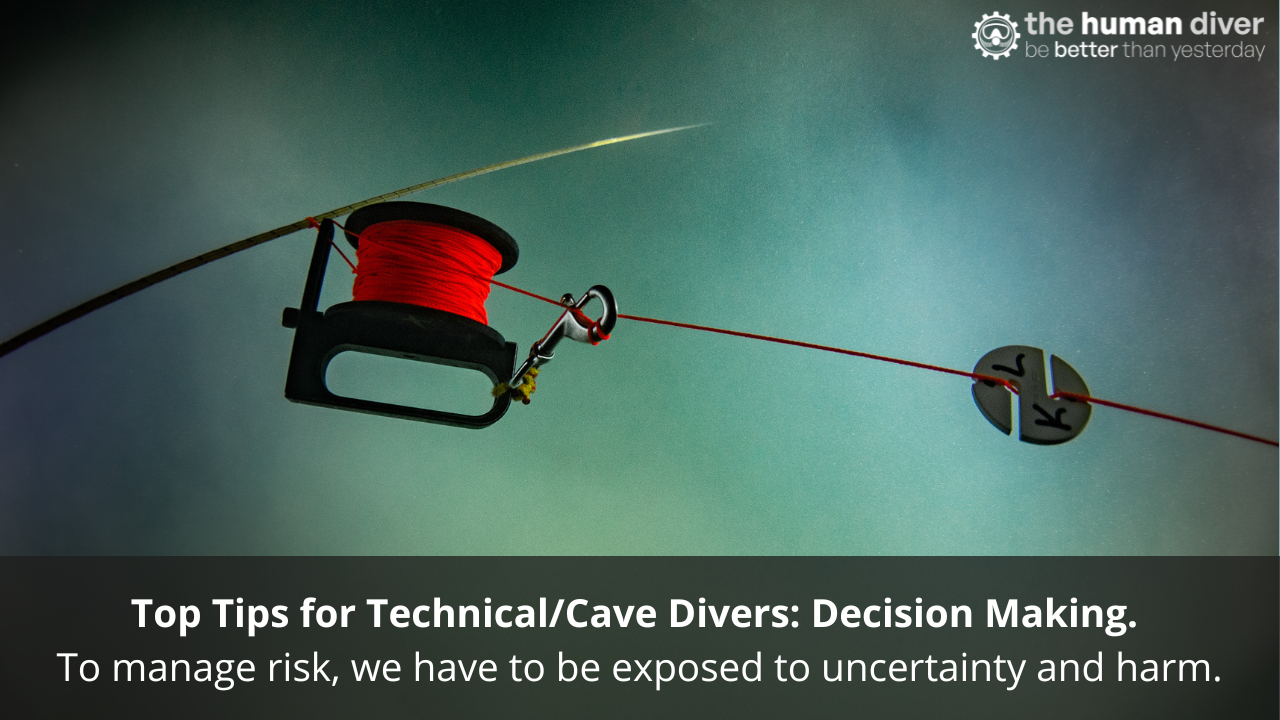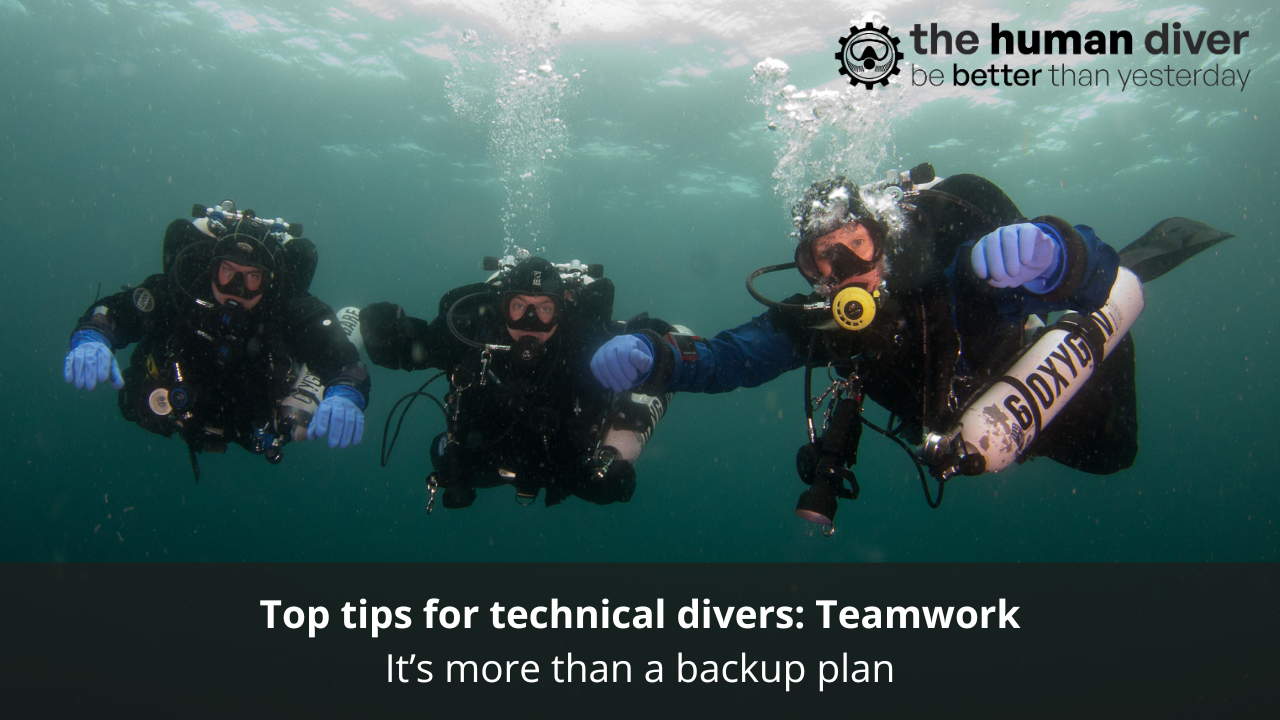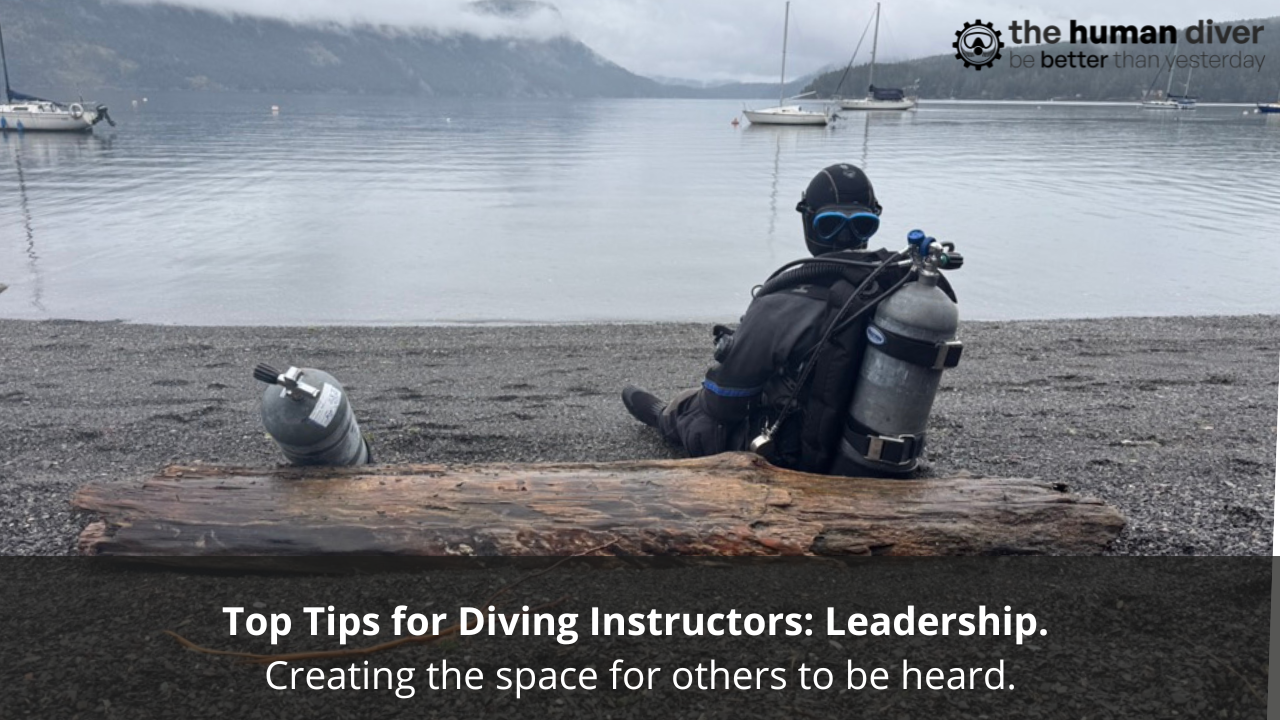
The Dunning Kruger effect- Incompetent (or Competent?!) and Unaware
Jul 11, 2024We talk about the Dunning Kruger effect quite a bit here and a lot of people have heard of it but what actually is it?
Justin Kruger and David Dunning are two social psychologists who examined the belief that people who lack ability in a certain skill aren’t able to judge how good (or bad) they are at that skill. The skill could be anything, from logical reasoning to English grammar to humour, or even diving. They tested it by running a series of studies asking people complete tasks and then grade themselves on how well they thought they scored and how that compared to others in the group. In all of the studies, the results came out the same- those with the lowest ability graded themselves better than they actually did and believed they had scored above average marks compared to their classmates. This bit is fairly well known and quoted by a lot of people. However, at the other end of the scale interesting things happened too. Those that did best on the tests generally scored themselves lower and rated their ability lower than they had actually done. Why did this happen?

Kruger and Dunning suggested that it’s because those without enough knowledge about a subject aren’t skilled enough to be able to judge their ability (hence the title of the paper “Unskilled and Unaware of It”). All of the tests they conducted were paper tests where the participants didn’t know what the other people had written. We know that generally people try to do their best, so of course everyone will think they did “ok”. Those who did the worst didn’t have the knowledge to know that they got questions wrong, so believed they got more questions correct, and couldn’t recognise that they did poorly when asked to compare themselves to others in the group, so rated themselves higher than they actually were. In fact, most of the lowest scoring participants rated themselves above average!

In one study, the highest and lowest scoring participants were given the papers of 5 other students to grade and then asked to re-grade and rate themselves. The lowest scoring participants kept their own grades and ratings similar (or even a little higher) than before they’d seen the 5 other papers. Similar to what I said above, this suggests they couldn’t recognise that others had done better compared to themselves and believed they had done well themselves. However, the highest scoring participants did appear to see the difference; after scoring the 5 papers they increased their perceived rating to much closer to their actual rating compared to the rest of the group, as they recognised that they had actually done better than they’d initially believed. Kruger and Dunning compared this to another cognitive bias, false consensus. In other words, most people believe that others know and believe what they know and believe. The people who did best on the tests assumed others would also do well. This assumption only changed when they got to see what some of the others had written. The top group had the knowledge and ability to judge how well the others had done (not as well as they themselves had done), so were able to revise their own estimate of how they had done.
To prove Kruger and Dunning’s theory, they ran a final study. This time, after the participants had taken the test, half of them would be trained; in other words, made more competent. They wanted to see if it made a difference, whether the people at the lowest end of the ability scale (the “incompetent”) would recognise their lack of competence after training, or whether they would still think they had done well. The final study was another logical reasoning study. As before, the group who had scored the lowest again rated themselves far higher in ability. But this time, after training they were able to recognise that they had done poorly, and revised their ratings down considerably. In order to really understand our own ability, we need to understand what “good” looks like.
 We often talk about “Mount Stupid”. This is the point when people know enough to be dangerous. Let’s face it, most people know they can’t build a space rocket or do brain surgery. But when you know a little bit about something it’s easy to think you know more than you actually do. Brand new open water students might think diving looks easy, as they are already comfortable swimming, so how hard can it be?! Another great example in diving would be divers who have around 50-100 dives. They’re now at the point where they are comfortable in the water. They see others around them and have enough knowledge to judge that they are better than some, not as good as others. But they don’t have enough experience to really compare themselves to others. As a result, they often believe they are better than they actually are. On the other hand, a diver who has several thousand dives and has dived in different locations with lots of different people may not recognise they are as good as they actually are, because they will compare themselves to everyone they have dived with. They may not be as used to diving in cold water with a drysuit, for example, or in overhead environments. Because they compare themselves to those who do it on a regular basis, they may believe that they aren’t as good overall. They may not realise that the cold water “expert” or the overhead “expert” actually has less experience in other environments, and that overall, they are more competent.
We often talk about “Mount Stupid”. This is the point when people know enough to be dangerous. Let’s face it, most people know they can’t build a space rocket or do brain surgery. But when you know a little bit about something it’s easy to think you know more than you actually do. Brand new open water students might think diving looks easy, as they are already comfortable swimming, so how hard can it be?! Another great example in diving would be divers who have around 50-100 dives. They’re now at the point where they are comfortable in the water. They see others around them and have enough knowledge to judge that they are better than some, not as good as others. But they don’t have enough experience to really compare themselves to others. As a result, they often believe they are better than they actually are. On the other hand, a diver who has several thousand dives and has dived in different locations with lots of different people may not recognise they are as good as they actually are, because they will compare themselves to everyone they have dived with. They may not be as used to diving in cold water with a drysuit, for example, or in overhead environments. Because they compare themselves to those who do it on a regular basis, they may believe that they aren’t as good overall. They may not realise that the cold water “expert” or the overhead “expert” actually has less experience in other environments, and that overall, they are more competent.
We will move up and down the scale of competence as we learn. The only way to truly improve is by continuous learning, and accepting that we can’t all be above average on everything. The diver who recognises that and accepts that they aren’t the best will always be safer than the egotistical person who believes they can do no wrong. As Kruger and Dunning have shown, it’s very difficult to rate our own abilities. If we can stay humble and keep learning, we increase our chances of surviving. We’ll also by default improve, and that’s never a bad thing.
For more about the stages of learning, check out this blog.

Jenny is a full-time technical diving instructor and safety diver. Prior to diving, she worked in outdoor education for 10 years teaching rock climbing, white water kayaking and canoeing, sailing, skiing, caving and cycling, among other sports. Her interest in team development started with outdoor education, using it as a tool to help people learn more about communication, planning and teamwork.
Since 2009 she has lived in Dahab, Egypt teaching SCUBA diving. She is now a technical instructor trainer for TDI, advanced trimix instructor, advanced mixed gas CCR diver and helitrox CCR instructor.
Jenny has supported a number of deep dives as part of H2O divers dive team and works as a dive supervisor and safety diver in the media industry.
If you'd like to deepen your diving experience, consider taking the online introduction course which will change your attitude towards diving because safety is your perception, visit the website.
Want to learn more about this article or have questions? Contact us.

